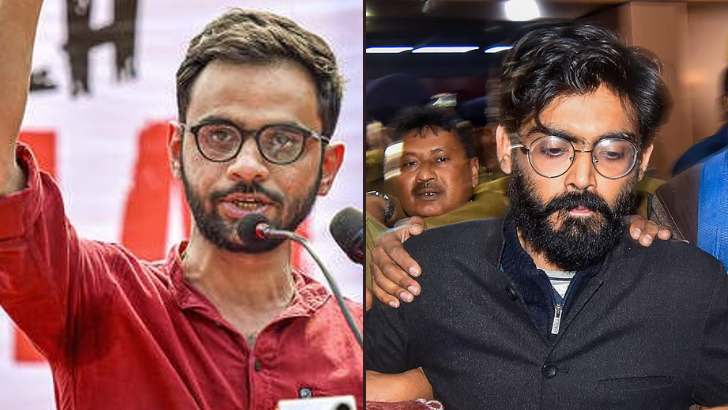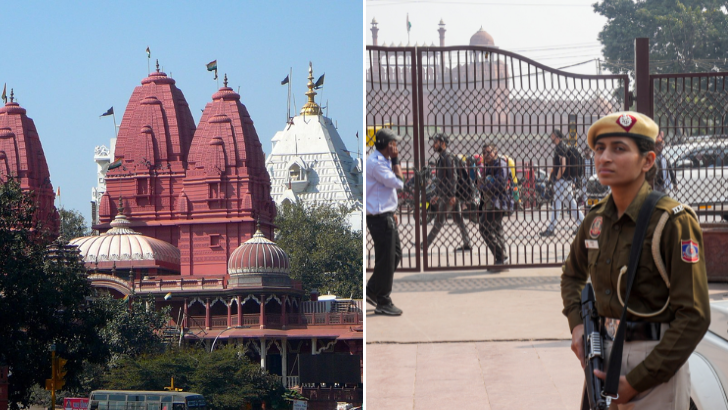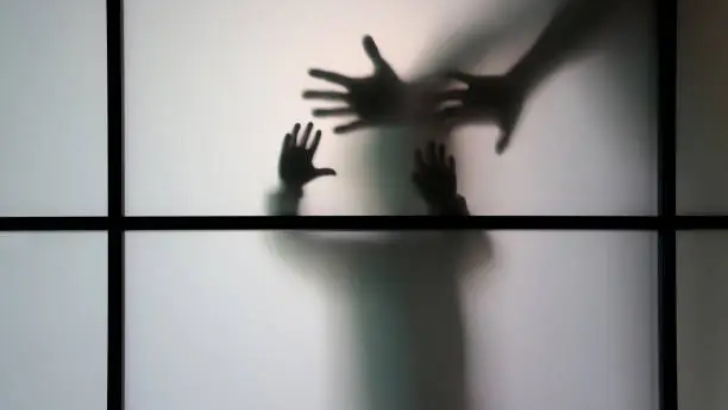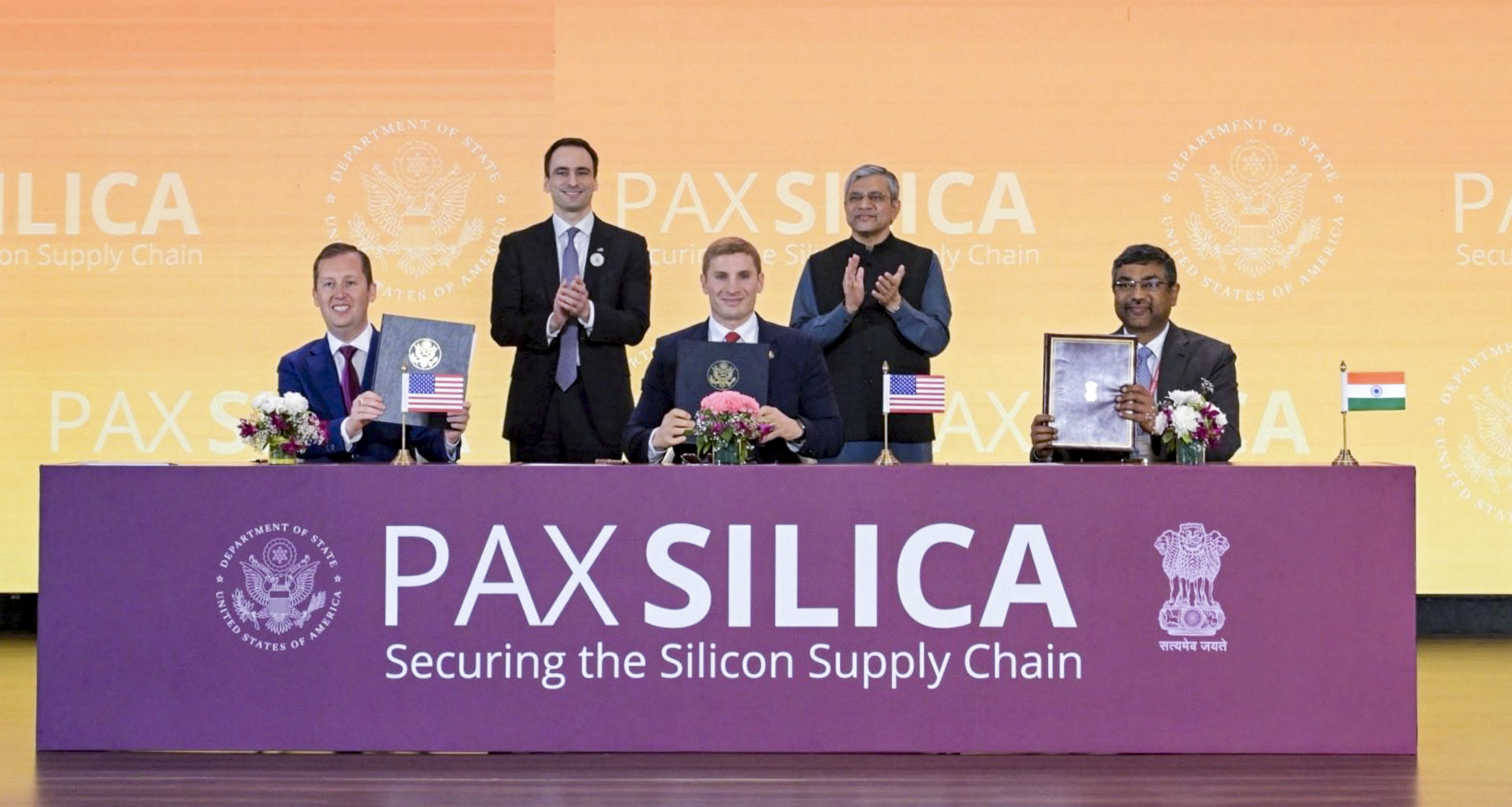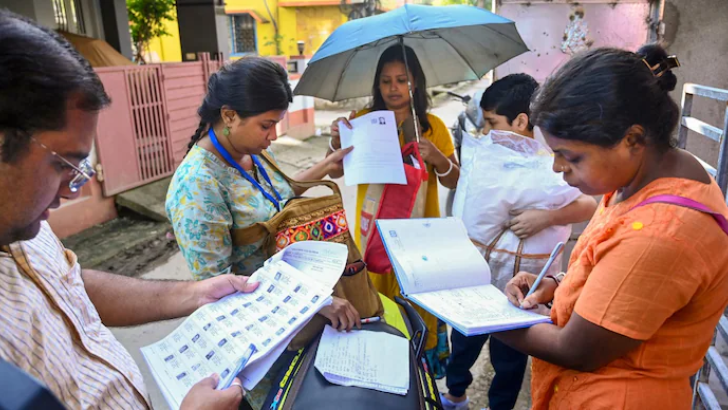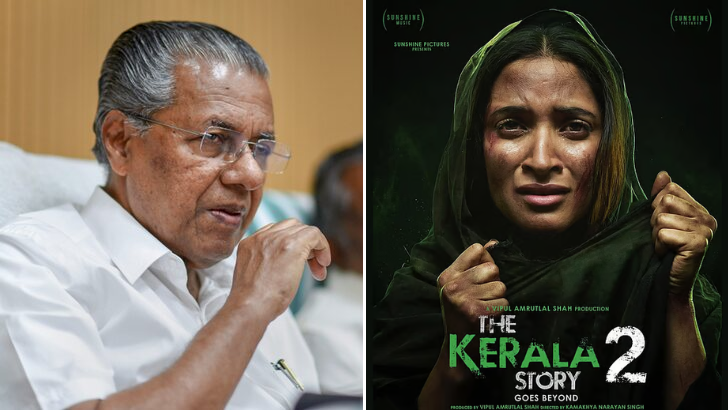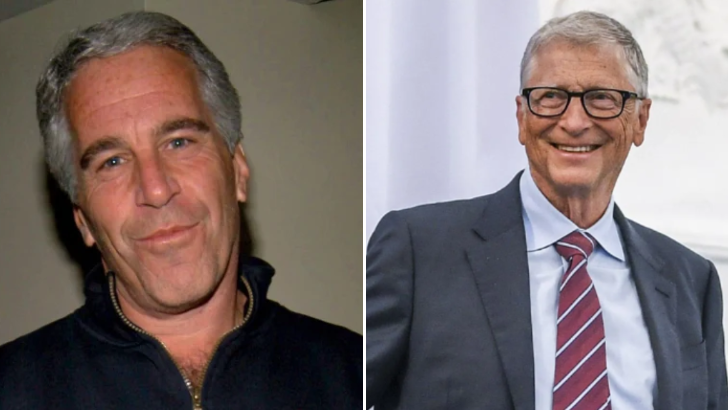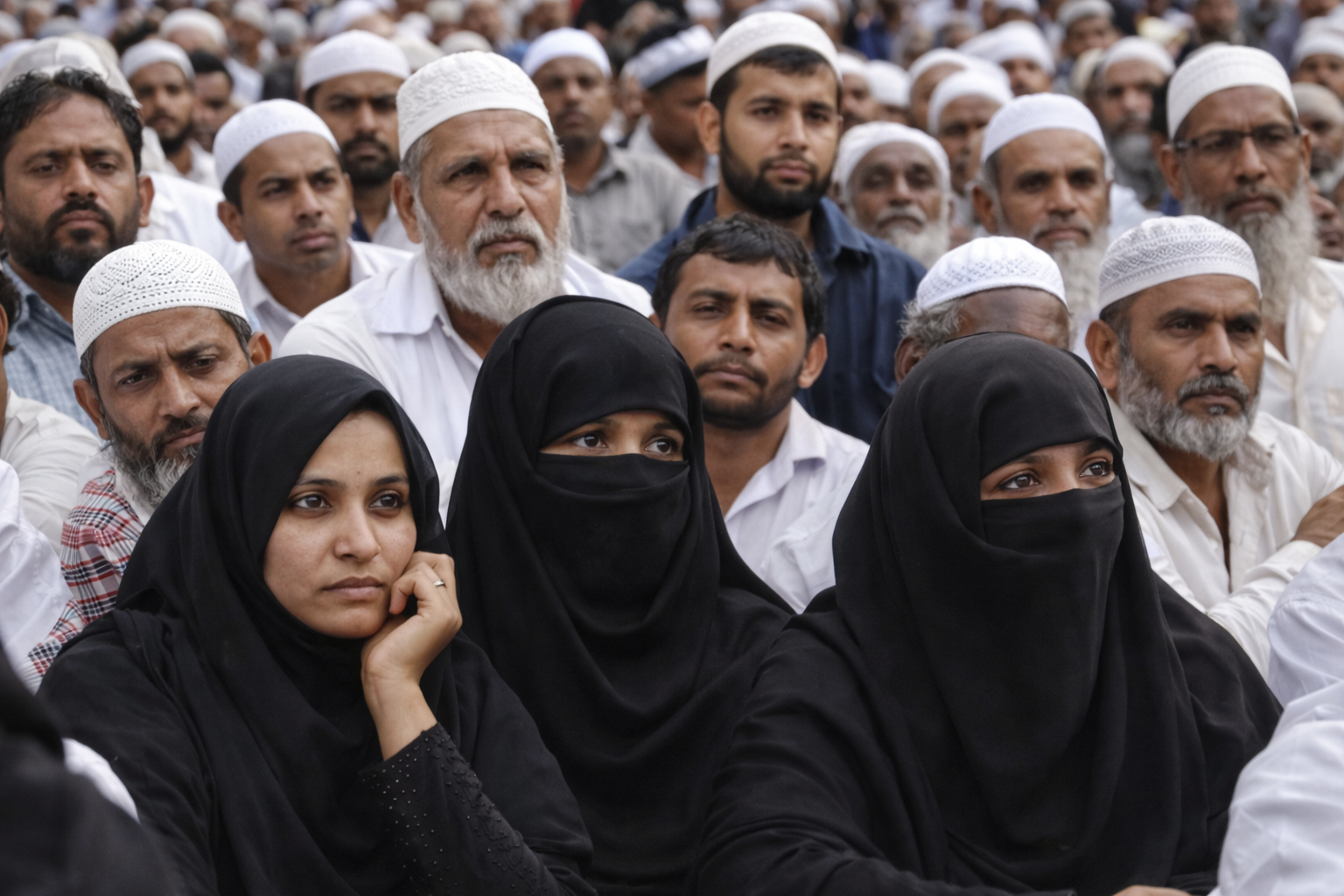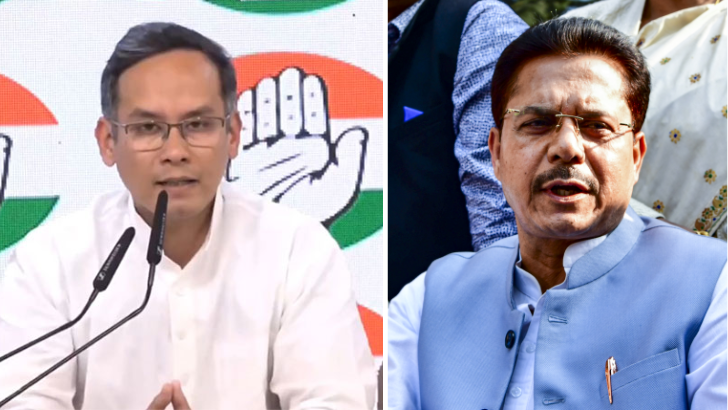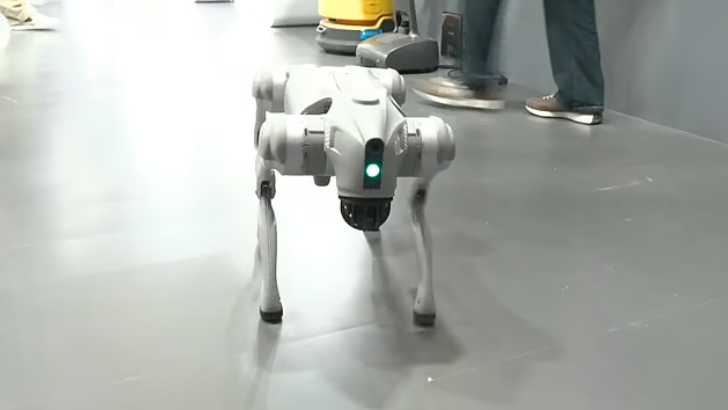2020 Delhi riots: HC denies bail to Sharjeel Imam, Umar Khalid & 8 others
Khalid, Imam and several others were booked under Unlawful Activities (Prevention) Act (UAPA) and provisions of IPC for allegedly being the "masterminds" of the February 2020 riots, which left 53 people dead and over 700 injured.
PTI
-
File Photo: PTI
New Delhi, 2 Sep
Activists Umar Khalid, Sharjeel Imam and eight others, who
are behind bars for last five years, were on Tuesday denied bail by the Delhi
High Court in an anti-terror law case linked to the alleged conspiracy behind
the February 2020 riots in the national capital.
"All the appeals are dismissed," a bench of
Justices Navin Chawla and Shalinder Kaur held while acting on the bail pleas of
Khalid, Imam, Mohd Saleem Khan, Shifa Ur Rehman, Athar Khan, Meeran Haider,
Abdul Khalid Saifi, Gulfisha Fatima and Shadab Ahmed.
A different bench of Justices Subramonium Prasad and Harish
Vaidyanathan Shankar rejected the appeal of Tasleem Ahmed against a bail
rejection order of the trial court.
Khalid, Imam and several others were booked under Unlawful
Activities (Prevention) Act (UAPA) and provisions of IPC for allegedly being
the "masterminds" of the February 2020 riots, which left 53 people
dead and over 700 injured.
The violence erupted during the protests against the CAA and
NRC.
The accused persons have been in jail since 2020 and they
moved the high court against a trial court order dismissing their bail pleas.
The prosecution opposed the bail pleas saying it was not a
case of spontaneous riots but a case where riots were "planned well in
advance" with a "sinister motive" and "well-thought-out
conspiracy".
Solicitor General Tushar Mehta, representing the
prosecution, then contended it was a conspiracy to defame India on a global
level and merely citing long incarceration was no ground for bail.
He argued the intention behind the February 2020 riots was
to globally defame the nation through a "well-planned and
orchestrated" criminal conspiracy by the accused persons.
Delhi Police argued that it was not a spontaneous riot but a
well-organised act planned in advance in the capital of the country, aimed at a
particular day and time.
Imam's counsel, however, argued he was "completely
disconnected" with the place, time and co-accused persons, including
Khalid.
Speeches and WhatsApp chats of Imam, who was arrested on
August 25 2020, never called for any unrest, it was argued.
While challenging the bail rejection orders of the trial
court, Imam, Khalid and others cited their long incarceration and parity with
other co-accused who were granted bail.
The prosecution alleged Imam, in his public addresses,
propagated the idea of chakka jam as the plan of action to paralyse the
government while saying "confrontational violence" had to take place.
It was alleged the protests were part of a conspiracy of the
accused persons to cause violence at the time of the visit of then US President
Donald Trump.
Khalid, a former JNU student, was arrested by Delhi Police
in September 2020 whereas Ahmed was arrested on 24 June, 2020.
Haider was a Rashtriya Janata Dal's (RJD) youth wing leader
and Jamia Millia Islamia student who is in custody since his arrest in April,
2020.
Fatima was a student activist who had organised the protest
site in Seelampur and was a local resident. According to her lawyer, while she
was present at the chakka jam held at Jafrabad, the same was peaceful. She was
arrested on April 4, 2020.
The bail pleas of Imam, Saifi, Fatima and others, were
pending in the high court since 2022 and were heard by different benches from
time to time. All the accused persons denied the prosecution's allegations.
Delhi Police opposed the bail applications of all accused,
saying the communal violence of February 2020 was a case of "clinical and
pathological conspiracy".
Speeches by Khalid, Imam and co-accused created a sense of
fear with their common pattern of reference to CAA-NRC, Babri mosque, triple
talaq and Kashmir, the police alleged.
The police contended that in a case involving such
"grave" offences, the principle of "bail is the rule and jail is
the exception" could not be invoked.
It also denied any "attempt by the prosecution" to
delay the trial court proceedings, saying the right to speedy trial was not a
"free pass".
Leave a Reply
Your email address will not be published. Required fields are marked *








